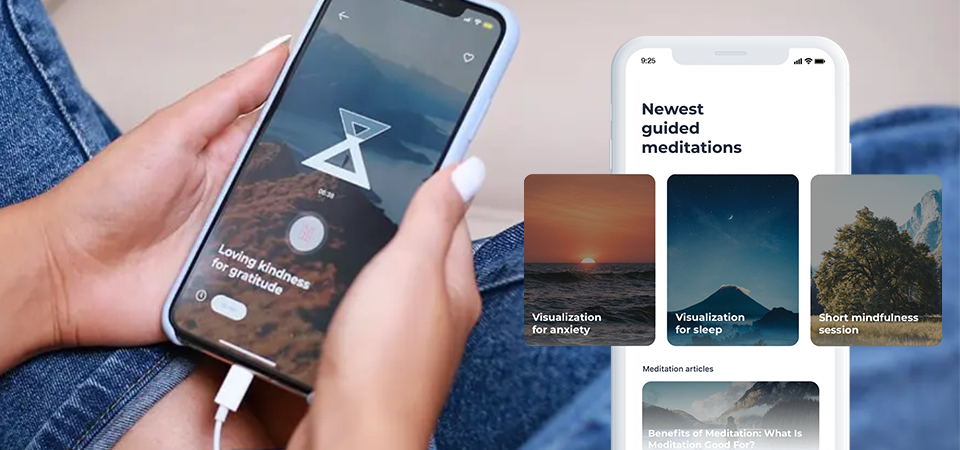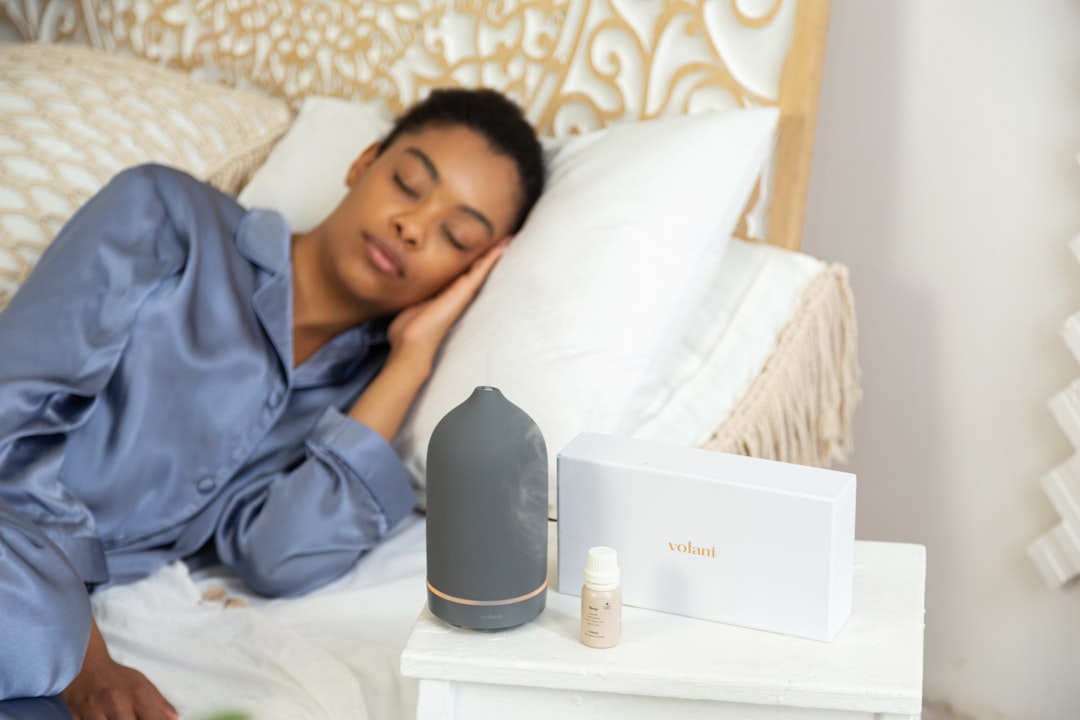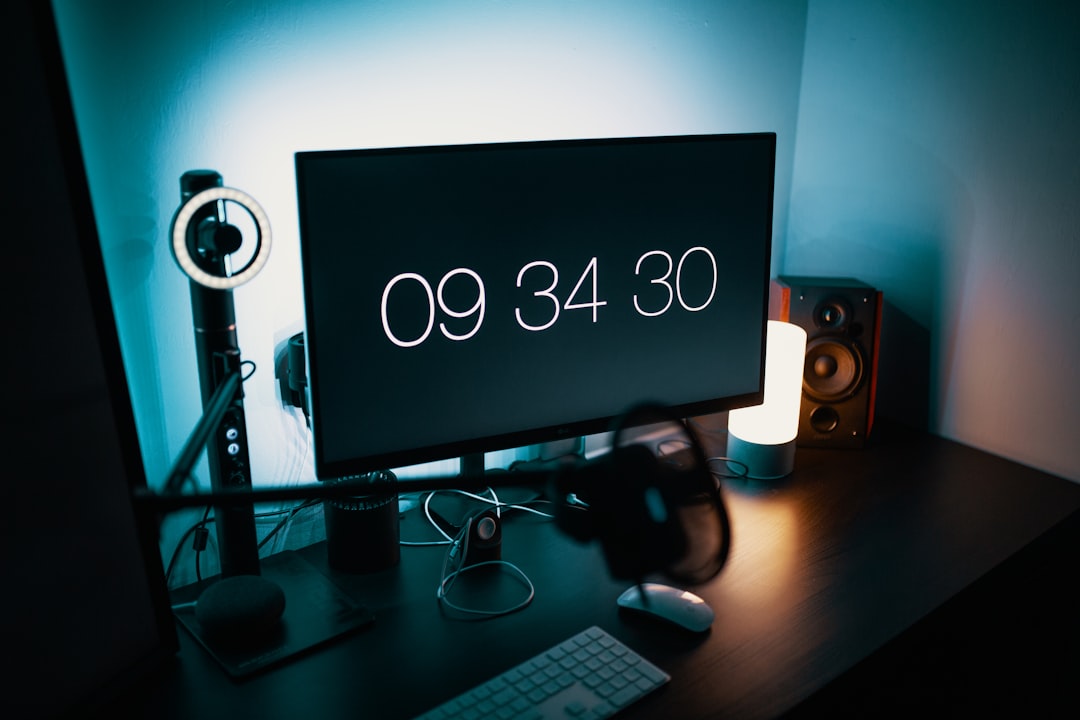Finding the best apps to fall asleep faster has become essential in our always-connected world, where racing thoughts and screen time often sabotage our natural sleep rhythms. After years of struggling with my own bedtime routine and testing countless solutions, I've discovered that the right combination of digital tools can actually help counteract the very technology that keeps us awake. The key is choosing apps that work with your mind's natural tendency to wind down, rather than adding more stimulation to an already overstimulated system.
Why Your Brain Needs Help Transitioning to Sleep
I used to think sleep should come naturally—that if I was tired enough, I'd simply drift off. But our modern brains are wired differently than our ancestors'. We're constantly processing information, solving problems, and anticipating tomorrow's challenges. Even when we're physically exhausted, our minds often remain in high gear.
This is where sleep apps prove invaluable. They provide structured guidance for the transition from wakefulness to sleep, offering everything from grounding techniques to ambient soundscapes. The best sleep apps don't just mask the problem—they actively train your mind to shift into a more restful state.
The Best Apps to Fall Asleep Faster
Declutter The Mind

This meditation app has become my go-to resource for nighttime wind-down routines. What sets Declutter The Mind apart is its extensive collection of sleep meditations and guided sessions specifically designed for bedtime. The app includes everything from body scan meditations to breathing exercises that naturally slow your heart rate and calm racing thoughts.
The sleep meditation library covers various scenarios—whether you're dealing with stress from the day, physical tension, or just general restlessness. I particularly appreciate the insomnia meditations when my mind won't quiet down. The app also features a meditation timer for those who prefer unguided practice before bed.
Rain Rain Sleep Sounds
Sometimes the simplest solutions are the most effective. This app offers high-quality nature sounds, white noise, and ambient audio that mask disruptive environmental noise. I've found that consistent background sound helps maintain sleep throughout the night, not just at the onset.
The variety is impressive—from gentle rainfall to ocean waves to forest sounds. You can mix different sounds to create your perfect sleep environment. The timer function ensures the sounds fade out gradually once you're asleep, preventing battery drain while maintaining the calming atmosphere you need to drift off.
Sleep Cycle
This app takes a different approach by analyzing your sleep patterns and waking you during lighter sleep phases. While it's primarily a sleep tracking app, the insights it provides can help you optimize your bedtime routine for faster sleep onset.
The app monitors your movement and sounds throughout the night, providing detailed reports about your sleep quality. Understanding when you naturally fall into deep sleep versus when you're restless can help you identify what pre-sleep activities and apps work best for your unique patterns.
Sleepio
Based on cognitive behavioral therapy for insomnia (CBT-I), Sleepio offers a more clinical approach to sleep improvement. The app provides personalized sleep programs that address the underlying thoughts and behaviors that interfere with sleep.
What I find valuable about this approach is that it doesn't just help you fall asleep tonight—it builds long-term sleep habits that reduce your reliance on external aids. The program includes sleep restriction techniques, stimulus control methods, and strategies for managing negative thoughts that often keep us awake.
Creating the Optimal Sleep Environment
The best apps to fall asleep faster work most effectively when combined with proper sleep hygiene. Your physical environment plays a crucial role in how quickly these digital tools can help you transition to sleep.
I've learned that room temperature, lighting, and even the position of your phone matter significantly. Using sleep apps with your phone in airplane mode eliminates the anxiety-inducing possibility of notifications interrupting your wind-down routine. The blue light from screens can interfere with melatonin production, so many effective sleep apps include dark mode interfaces or recommend specific timing for their use.
Consider your bedtime routine as a ritual that signals to your brain that sleep time is approaching. Whether you're using relaxation meditations or ambient sounds, consistency helps train your mind to recognize these audio cues as sleep triggers.
Timing Your App Usage
The most effective approach I've discovered is starting your chosen sleep app 30-60 minutes before you actually want to fall asleep. This gives your nervous system time to gradually downshift from the day's activities. Meditating before bed or listening to calming sounds isn't just about the immediate relaxation—it's about creating space between your active day and sleep.
Some people find that guided meditations keep them too mentally engaged, while others need the structure to prevent their minds from wandering to stressful topics. Experiment with different types of content within your chosen apps to find what works best for your particular mind.
Beyond Apps: Supporting Your Natural Sleep Rhythms
While technology can be incredibly helpful for falling asleep faster, the most sustainable approach combines digital tools with lifestyle practices that support natural sleep patterns. A consistent nighttime routine creates the foundation that makes sleep apps more effective.
I've noticed that my meditation apps work much better when I've also paid attention to factors like caffeine timing, exercise schedule, and stress management throughout the day. The benefits of quality sleep extend far beyond feeling rested—they impact every aspect of mental and physical health.
Consider apps as one tool in a comprehensive approach to better sleep. They're particularly valuable during periods of high stress, travel, or major life changes when your usual sleep patterns are disrupted. During these times, having reliable digital resources can prevent temporary sleep issues from becoming chronic problems.
Addressing Underlying Sleep Issues
Sometimes difficulty falling asleep stems from deeper issues that apps alone can't resolve. Persistent anxiety, unprocessed stress, or underlying health conditions may require additional support beyond digital tools.
If you find yourself consistently needing apps to fall asleep, it might be worth exploring anxiety management techniques or speaking with a healthcare provider about your sleep patterns. Apps work best as part of a holistic approach to wellness, not as a substitute for addressing root causes of sleep difficulties.
Making Sleep Apps Work for You
The key to success with sleep apps is finding the right match for your personality and sleep challenges. Some people respond better to guided meditation and structured breathing exercises, while others prefer ambient sounds or nature recordings.
I recommend trying different approaches for at least a week each to give your brain time to adapt to new bedtime routines. What doesn't work immediately might become effective once your nervous system learns to associate certain sounds or practices with sleep time.
Remember that the goal isn't to become dependent on these tools forever, but to train your mind and body to transition more easily into sleep. Many people find that after using sleep apps consistently for several months, they can fall asleep more quickly even without them—the apps have essentially retrained their natural sleep responses.
The best apps to fall asleep faster are ultimately the ones you'll actually use consistently. Whether that's a comprehensive meditation platform like Declutter The Mind with its variety of sleep-focused content, or a simple white noise generator, the most important factor is finding tools that genuinely help you create the mental state conducive to rest. Quality sleep is fundamental to everything else we want to accomplish in life, making the investment in good sleep apps one of the most practical decisions you can make for your overall well-being.







